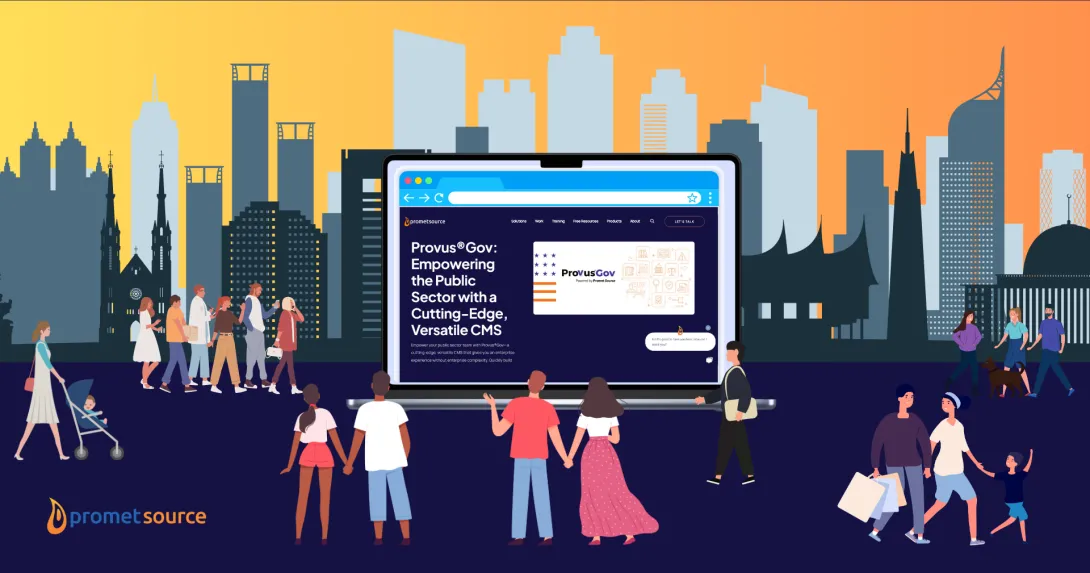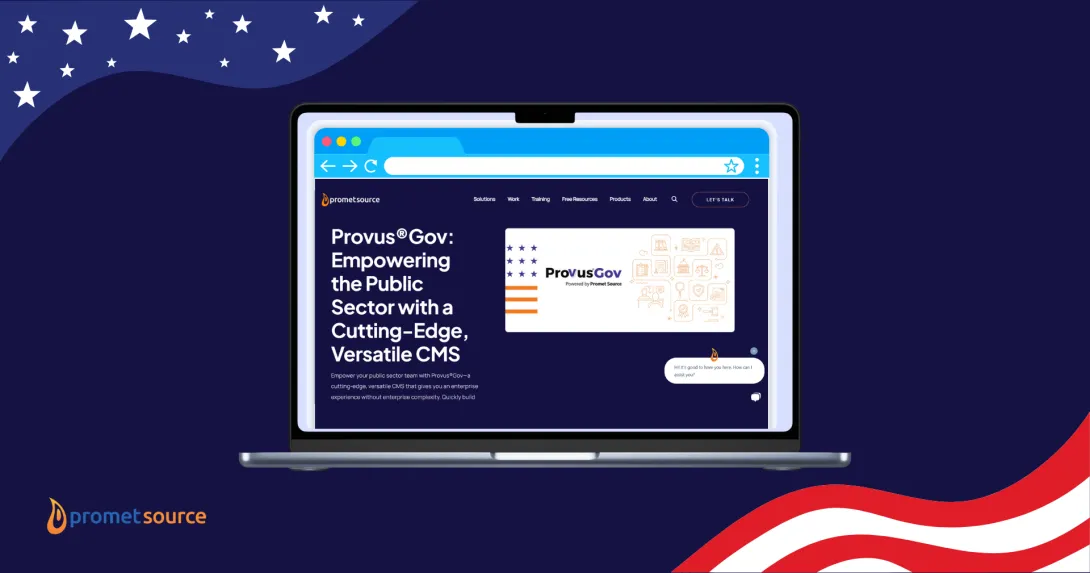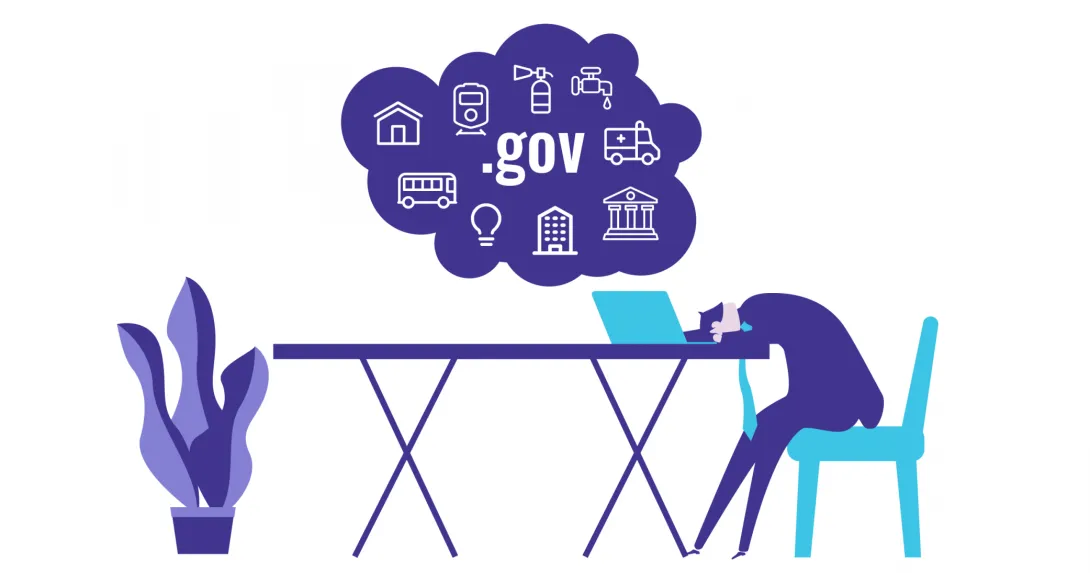9 Ways Drupal Keeps Government Sites Ahead of the Curve

Table of Contents
Note: This blog was first published on February 2, 2021, and has been updated to reflect new information and insights.
Takeaway: Drupal is a powerful, open-source choice for government websites due to its advanced features and capabilities. It’s no secret that as an agency committed to bringing what’s new and next in the technology horizon to the public sector, we strongly advocate this choice.
We’re in good company concerning this advocacy:
- 10.21% of the U.S. largest cities are on Drupal as analyzed by Grzegorz Pietrzak.
- It's the second most-used CMS of the most popular official country websites based on Tranco ranking.
- Drupal’s popularity among government sites is well-documented in our government CMS usage study.
In this blog, we explore nine ways Drupal revolutionizes government websites:
- AI-powered conversational search that enhances user experience and engagement
- Robust security and accessibility features that ensure trust and inclusivity
- Multilingual capabilities that serve diverse populations effectively
- Seamless integration with third-party services for visually engaging content
- Efficient content governance and workflow management tools
- Search, calendars, and engagement features that turn websites into activity hubs
- Component-based design for consistent branding across multiple websites
- Rich navigation options that make important content easily accessible
- Alert modules for rapid dissemination of critical information during emergencies
By leveraging Drupal's extensive features and partnering with experienced Drupal developers like Promet Source, your organization and constituents can say goodbye to the archaic government websites of yesterday.
1. AI-powered conversational search makes finding information easier
The AI-powered conversational search feature built by our team, Promethia, transforms how citizens interact with government websites. Promethia enables natural language search, allowing users to ask about website content and find the information they need quickly and easily.
You can read Senior Drupal Developer Josh Estep’s tutorial on building the chatbot, Fin, which was built for the Martin County Library System to understand how it works.
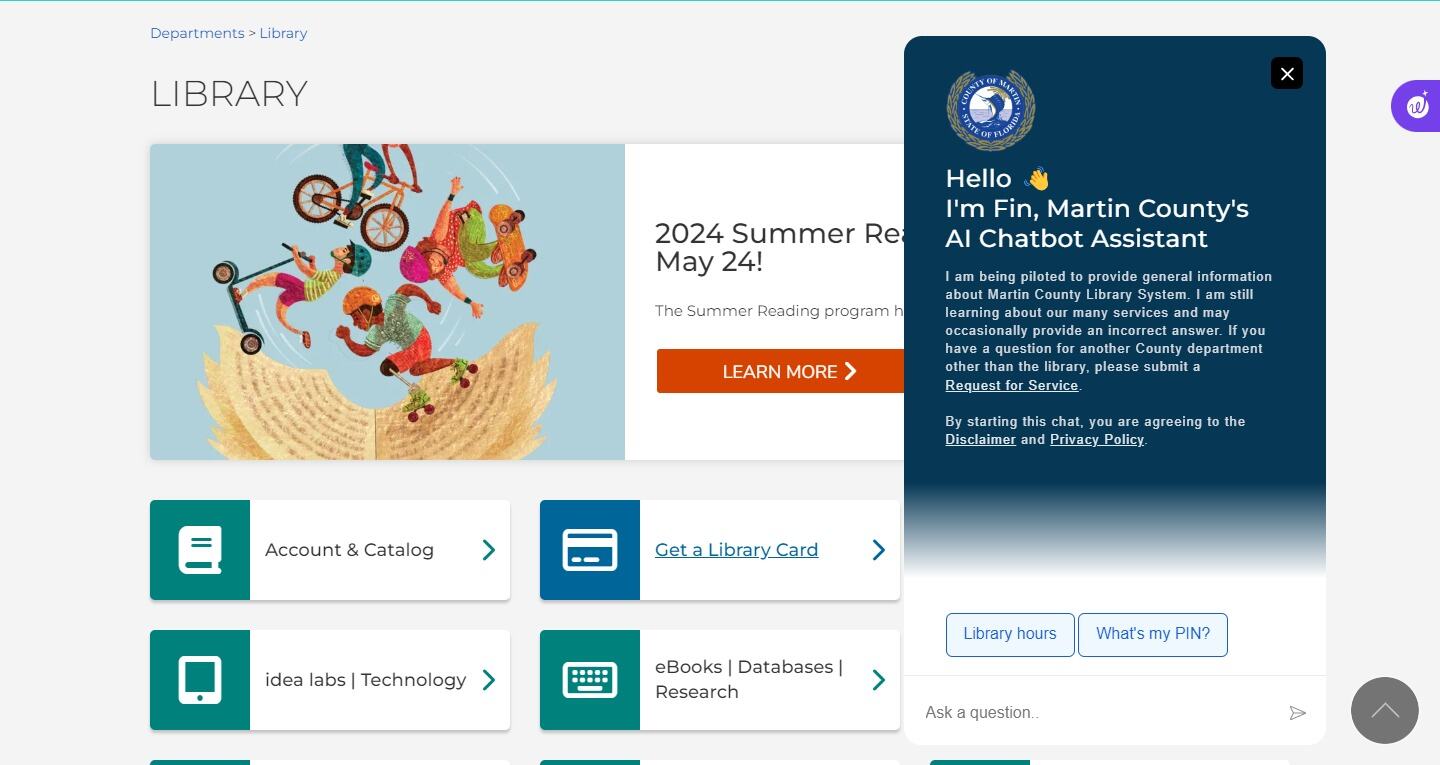
Since Promethia provides more accurate and personalized search results, it enhances constituent engagement and reduces the workload on government staff by minimizing the need for citizens to contact them directly for information readily available on the website.
This feature is valuable for government websites, as it significantly improves the user experience and reduces the time and effort required for citizens to access relevant information.
REQUEST A FREE PROMETHIA CHATBOT DEMO
2. Security and accessibility make the website trustworthy
Drupal's robust security features protect sensitive data and prevent unauthorized access. Its strong coding standards and regular security updates help maintain a secure platform, which is why high-profile government websites like the U.S. Government Accountability Office and the Department of Homeland Security trust Drupal for their online presence.
Accessibility is another critical aspect, as your website must be inclusive and usable by all citizens. Drupal's commitment to accessibility is evident in its striving to reach WCAG 2.1 AA and its technical standards:
Public-facing code integrated into the Drupal CMS, the Drupal.org website or related community sites should strive to meet Web Content Accessibility Guidelines (WCAG) 2.1 AA. Our community strives to keep up with the latest W3C recommendations.
Drupal is not the only one with an accessibility commitment—our team’s practices align with the Department of Justice's accessibility guidelines. Using a thorough accessibility roadmap, we ensure your Drupal platform complies with the ADA and WCAG.
Related: 10 Reasons for Government to Love Drupal 10 →
3. Multilingual capabilities help serve more constituents better
Drupal's multilingual features make it an ideal choice for government websites that need to serve a diverse population. With built-in language modules and translation management tools, Drupal simplifies the process of creating and maintaining multilingual websites.
This is particularly important for you, as your website is often required to provide information and services in multiple languages to ensure equal access for your constituents.
Drupal's multilingual capabilities go beyond simple translations, offering advanced features such as UI localization, custom languages, and automatic language detection. These features ensure that users can easily access information in their preferred language, enhancing the overall user experience and engagement.

A prime example of Drupal's multilingual prowess is the Lenovo website, which supports over 100 languages. This implementation showcases Drupal's ability to handle complex multilingual requirements seamlessly.
4. Integration with third-party services makes serving visually engaging information easier
Drupal's flexibility and extensibility make it easy to integrate with various third-party services commonly used by government websites. This seamless integration allows you to leverage the power of specialized tools and platforms while maintaining a unified, user-friendly experience for your constituents.
One common example of third-party integration is with Geographic Information Systems modules. Government websites often need to display location-based data, such as maps of public facilities, parks, or emergency services.
Drupal's ability to integrate with GIS platforms enables you to present this information in an engaging and interactive way, enhancing user experience and making it easier for citizens to access location-based services.
Another important integration is with video platforms. Government websites often need to share video content, such as public service announcements, council meetings, or educational materials. Drupal's integration capabilities allow government organizations to seamlessly embed videos from popular platforms like YouTube or Vimeo, ensuring that citizens can easily access and engage with this content directly on the website.
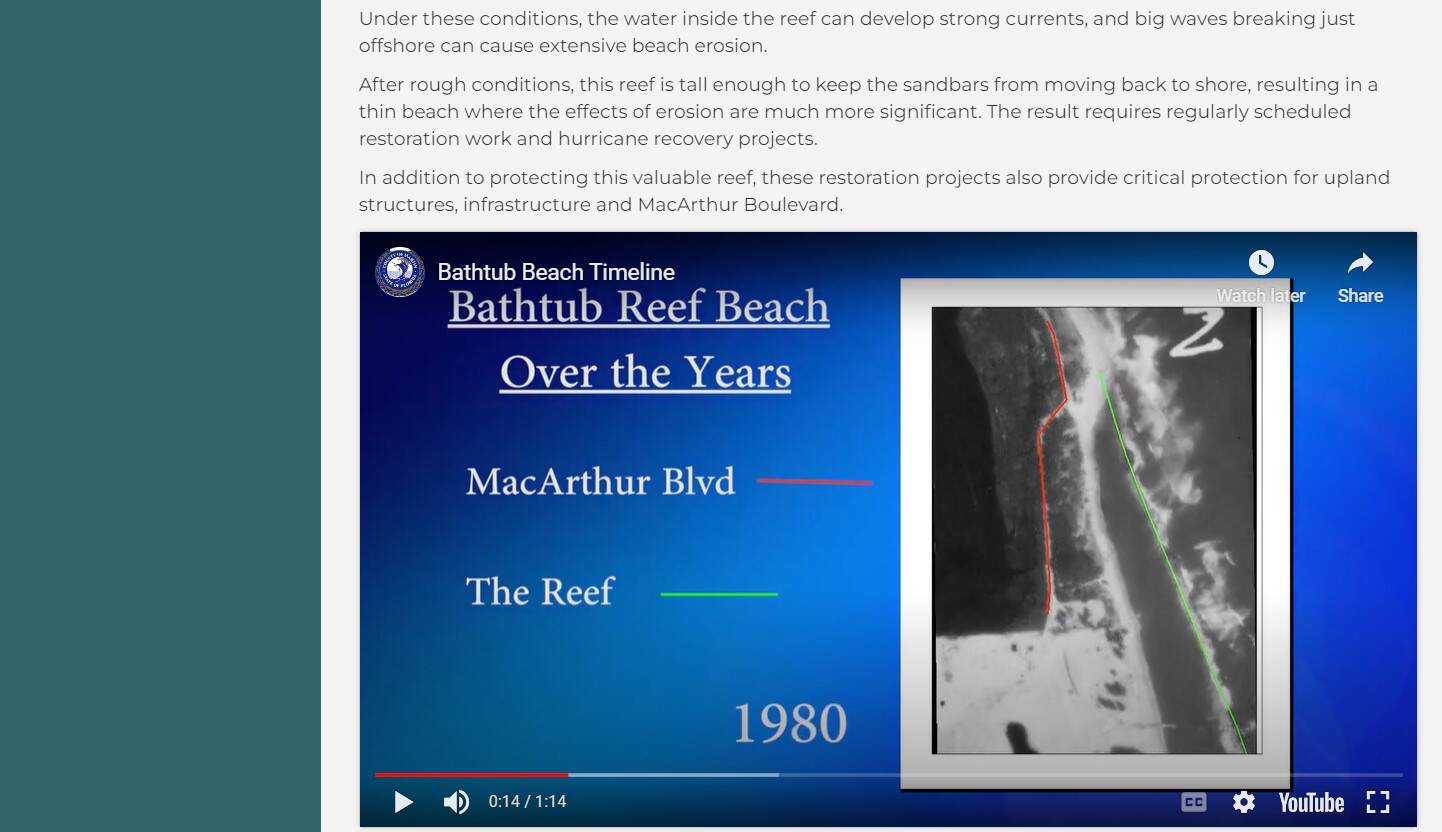
5. Content governance features streamline web processes for web managers
Drupal's powerful workflow management features streamline stakeholder checks, approval processes, and content reviews, so your content managers can be assured everything is handled correctly.
One of Drupal's key workflow management features is its ability to handle revisions and track changes. This allows government organizations to maintain a complete history of content updates, making it easy to revert to previous versions if necessary and ensuring accountability throughout the content creation process.
Drupal also offers robust editorial workflows, making it easy to define custom roles and permissions for different users in the content creation and approval process. This ensures that each stakeholder has the appropriate level of access and control, reducing the risk of errors or unauthorized changes.
Last but not least, the scheduler module helps content managers plan and automate content publication, such as news updates, press releases, or seasonal announcements. This helps maintain a consistent and timely flow of information to constituents, keeping them informed and engaged with the government's activities.
Related: Content Governance for Municipal Websites in Drupal →
6. Search, calendars, and engagement tools turn the website into a hub of activity
Government websites serve as the town square for citizens to access important documents, stay informed about upcoming events, and engage with their representatives. Drupal offers a range of features and tools that make it easy for government organizations to manage and present this information.
The Search API attachments module turns Drupal into a centralized repository for storing and organizing various media, such as public records, meeting minutes, or policy papers. This module allows your website to present documents in a searchable format, making it easy for citizens to find and access information.
Calendars are another essential feature for government websites, as they help keep constituents informed about upcoming events, meetings, or deadlines. The Fullcalendar View module enables web managers to create and manage interactive, customizable calendars that can be easily embedded into the website.
Citizens can quickly view and register for events, fostering greater engagement and participation in government activities.
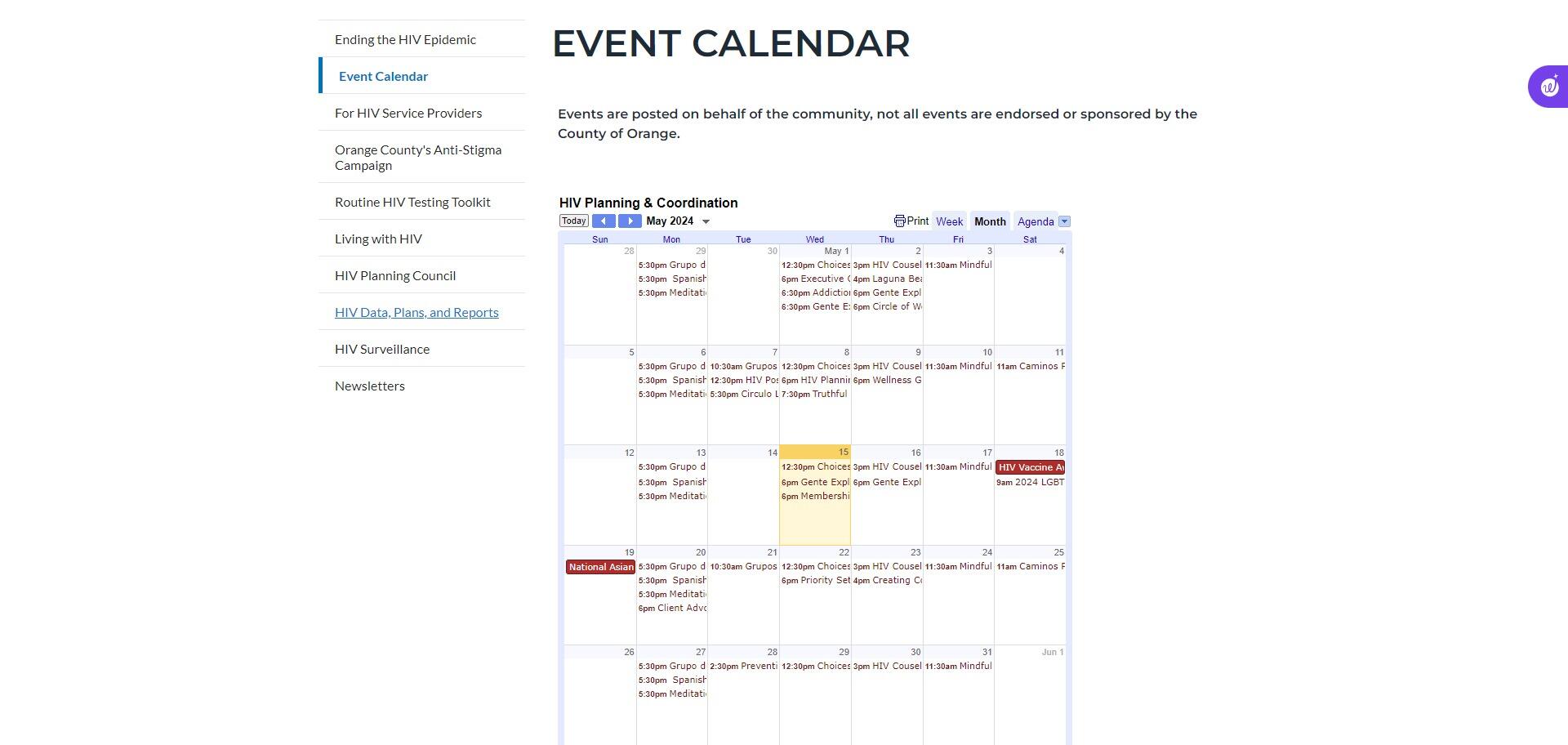
In addition to document management and calendars, Drupal offers a variety of engagement tools that facilitate communication and interaction between government organizations and their constituents.
These tools include features like user forums, polls, and surveys, which allow government websites to gather valuable feedback and insights from the public, ultimately leading to more responsive and effective governance.
7. Provus® makes brand consistency across multiple sites a breeze
Maintaining a brand identity through consistent UI design across multiple government websites is essential for building trust and recognition among constituents. Drupal's multisite capabilities make it an ideal choice for government organizations looking to manage multiple websites under a unified brand umbrella.

Our team built Provus® and its version specific to government websites, Provus®Gov, to make this work easier. With Provus®Gov, content managers can create a central theme and template that can be easily applied across multiple departmental or agency websites. This ensures a cohesive look and feel, reinforcing the government's brand identity and making it easier for users to navigate between different sites.
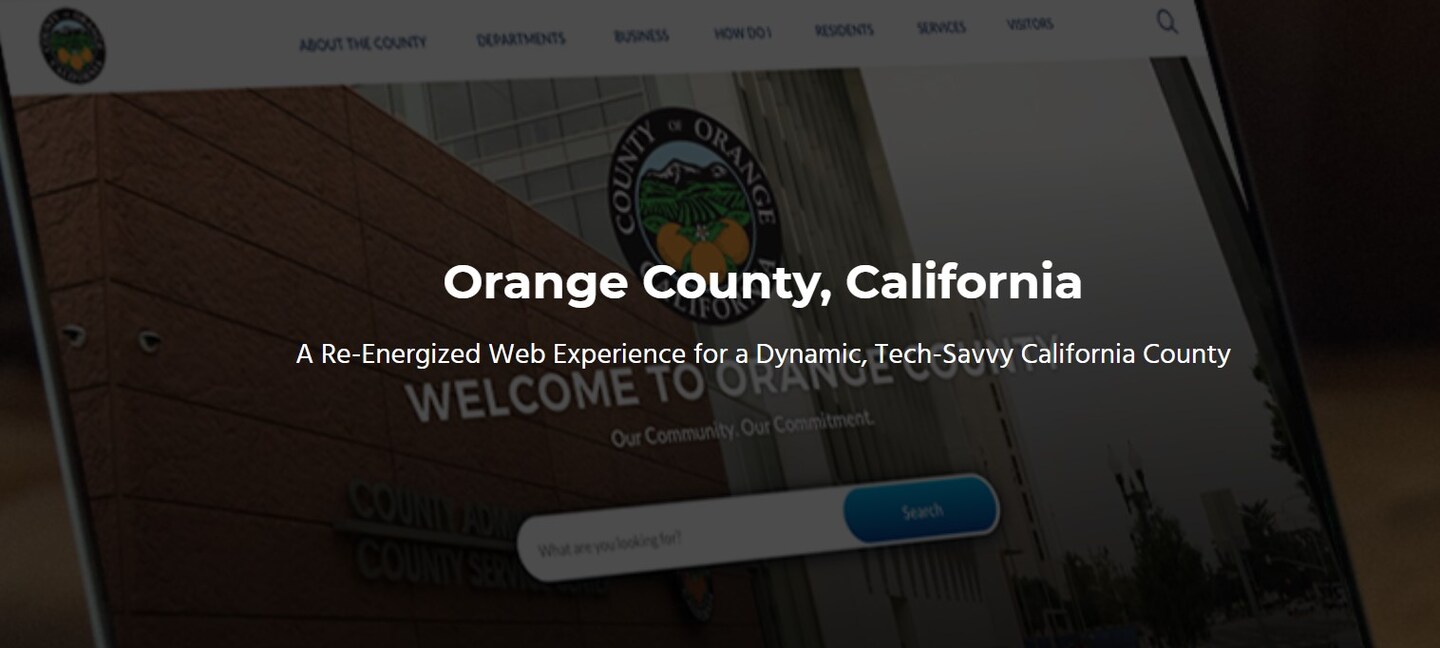
Drupal’s architecture gives government organizations the power to manage multiple websites from a single codebase, streamlining maintenance and updates. This saves time and resources and ensures that all sites run on the same version of Drupal, reducing security risks and simplifying the management of modules and features.
8. Rich navigation options make surfacing important pages easier
Drupal's rich navigation features, such as mega menus, make it easy for you to create user-friendly and efficient websites.
Mega menus are a powerful navigation tool that allows large, complex websites to show users important pages to go to without making them click a million links. These expandable menus can display multiple levels of hierarchy, helping users quickly understand the site's structure and find the content they need.
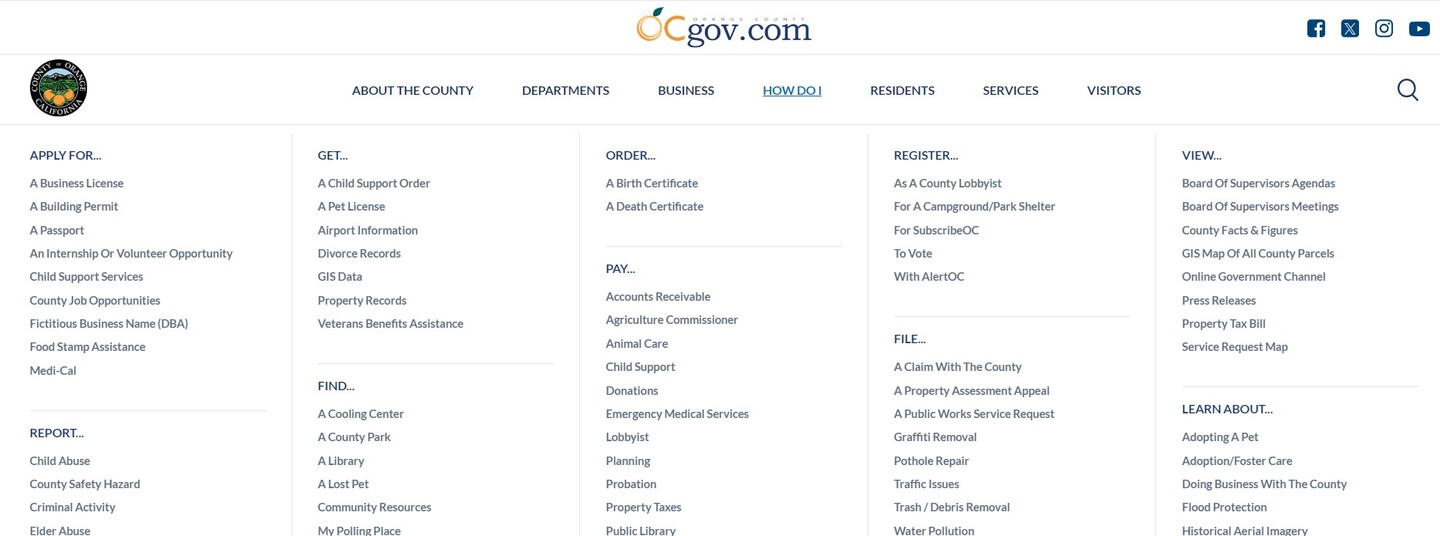
By implementing mega menus and other rich navigation features, government websites can significantly reduce the time and effort required for constituents to locate important information and services.
In addition to improving the user experience, rich navigation features can also help you prioritize and showcase critical content. By strategically placing important links or resources within prominent menu items, they can guide users to the most relevant information, ensuring that key pages and services are easily accessible.
Related: How UX Optimization Affects SEO →
9. Alert modules help dissemination of critical information faster
Government websites are critical in disseminating timely, accurate information to constituents during a crisis or emergency. Alerts such as the Sitewide Alert module make Drupal an ideal platform for government organizations looking to quickly and effectively share urgent updates with the public.
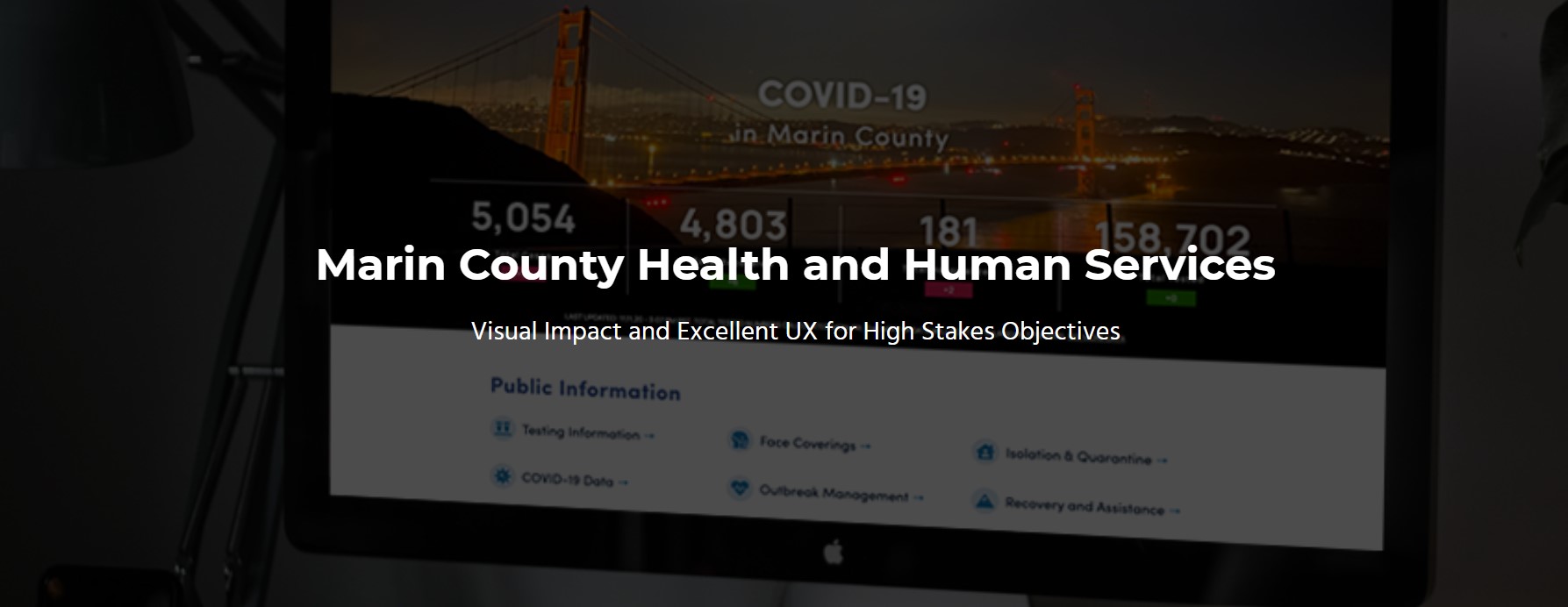
Because of alert modules, you can display prominent, customizable messages on the homepage or across multiple pages. These alerts can be quickly created and deployed, ensuring that citizens are immediately notified of important information, such as severe weather warnings, public health advisories, or emergency declarations.
Drupal can also integrate with other communication channels like email or SMS to deliver emergency notifications directly to constituents. This multi-channel approach ensures that critical information reaches the widest possible audience, even if they are not actively visiting the government website.
The ability to quickly and effectively communicate during emergencies is shown by the Orange County and Martin County websites, which kept their residents informed and safe during crises like hurricanes or the COVID-19 pandemic.
Related: A Drupal Website Ready for Crisis Response →
Our expertise makes us the ideal partner for your switch to Drupal
Our team at Promet Source, with our extensive experience and deep expertise in Drupal development, is the ideal partner for government agencies seeking to migrate to this powerful CMS.

As engaged contributors to the Drupal community, our team stays at the forefront of the platform's latest developments and best practices. Our dedication to learning what’s new and what’s next enables us to provide our government clients with innovative, cutting-edge solutions that leverage the full potential of Drupal's features and capabilities.
Along with our technical expertise, we commit to providing exceptional support and collaboration throughout development. Our team works closely with our clients to ensure that the final product meets all objectives and exceeds expectations, delivering a website that is both effective and user-friendly.
Want to see how we can turn your website into a powerhouse?
TALK TO US ABOUT SWITCHING TO DRUPAL
Get our newsletter
Get weekly Drupal and AI technology advancement news, pro tips, ideas, insights, and more.


